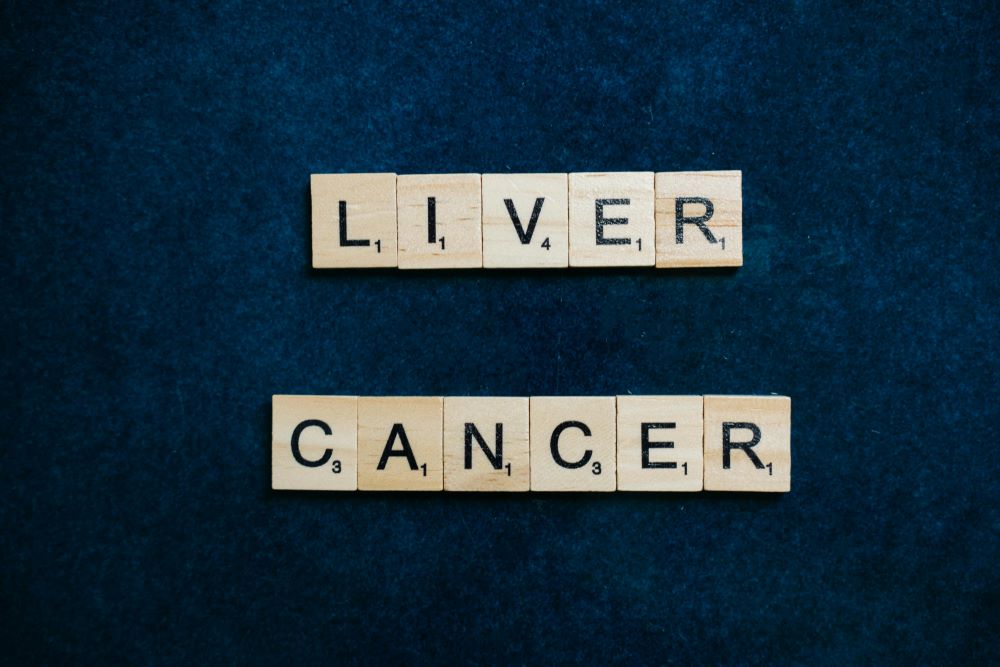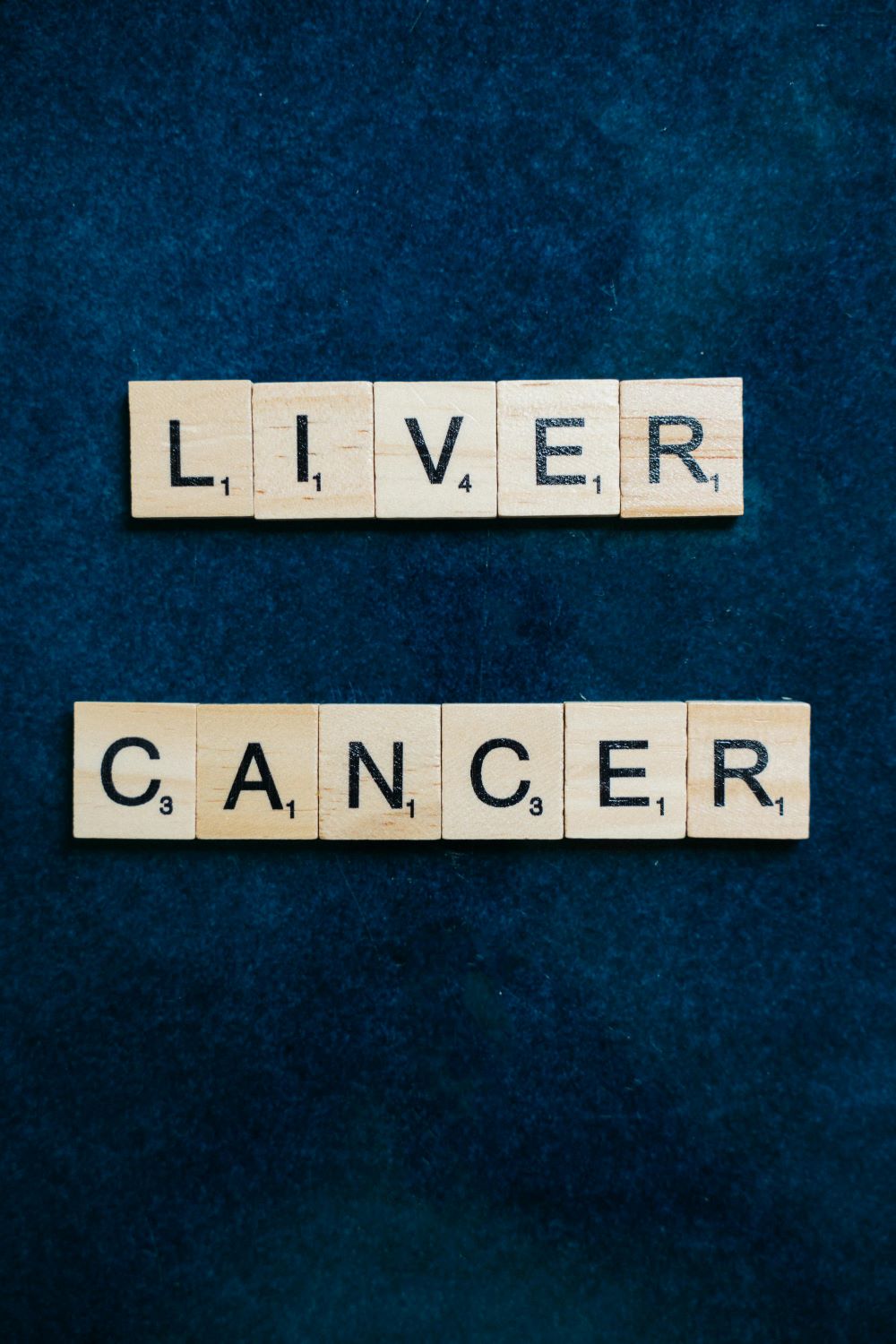Research links fatty liver disease to liver cancer, focusing on diet’s critical role in prevention.
New research has revealed how fatty liver disease can develop into liver cancer, a serious condition that is becoming more common worldwide. Liver cancer, specifically hepatocellular carcinoma (HCC), is now the sixth most common cancer and the fourth leading cause of cancer deaths globally. Scientists from the University of California, San Diego, have studied this process and discovered important details about how liver disease progresses to cancer, offering hope for better ways to prevent and treat liver cancer in the future.
In recent years, cases of liver cancer have been on the rise, mainly due to the increase in fatty liver disease. Currently, around 25% of adults in the U.S. are affected by this condition. About 20% of these individuals have a more severe form called metabolic dysfunction-associated steatohepatitis (MASH), which significantly raises the risk of developing liver cancer. However, scientists have not fully understood how MASH leads to cancer, which has made it difficult to prevent.
The transition from fatty liver disease to MASH, and then to liver cancer, is a common but dangerous path. When someone has MASH, the liver can be severely damaged, eventually leading to the need for a transplant, or it can progress to liver cancer, which can often be fatal. Despite this, the biological details of this process have remained unclear.
To investigate this, researchers used mice and human tissue samples to study how diets rich in fats and sugars, which are known to cause MASH, also damage the DNA in liver cells. This damage forces the cells into a state called senescence, where they stop dividing. Senescence is typically a protective mechanism, allowing the body time to repair damaged cells or eliminate them before they can cause harm. However, the research found that, in the case of liver cells, some damaged cells survive and can start dividing again, potentially turning cancerous.

According to Michael Karin, one of the lead researchers, these damaged liver cells are like “ticking time bombs,” capable of restarting the growth process at any time. Genomic analysis of the cancerous cells showed that many of them originated from liver cells damaged by MASH, confirming the connection between diet-induced damage and the development of cancer.
The findings from this study suggest that it may be possible to prevent or even reverse some of the DNA damage in liver cells, offering a promising new way to treat liver cancer, especially in people with MASH. Researchers are now exploring potential treatments, such as using drugs or nutrients to restore the balance of the building blocks of DNA, which might help repair the damage caused by poor diets. Another possibility is the development of more effective antioxidants to combat the stress that damages DNA.
This research also sheds light on the connection between aging and cancer. While we know that aging increases the risk of cancer, this study reveals how aging-related changes in cells might allow them to bypass the normal protective mechanisms, leading to cancer. These same mechanisms might also be contributing to other types of cancer.
Another important takeaway from the study is the impact of poor diet on cellular health. Karin emphasizes that eating unhealthy, processed foods is just as harmful as smoking in the long run, affecting not only a person’s appearance but also the way their cells function. This insight could be crucial for public health messages related to fatty liver disease, encouraging healthier diets to prevent long-term damage to the liver and other organs. While more research is needed, these findings offer hope for better ways to treat and prevent liver cancer, benefiting millions of people worldwide.
Sources:
Study reveals how fatty liver disease leads to liver cancer
FBP1 controls liver cancer evolution from senescent MASH hepatocytes


Join the conversation!